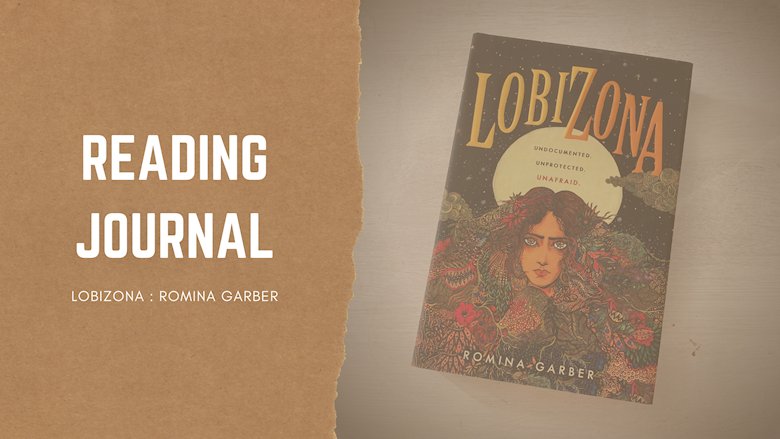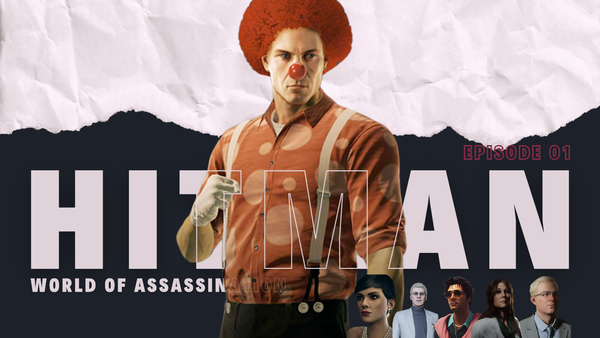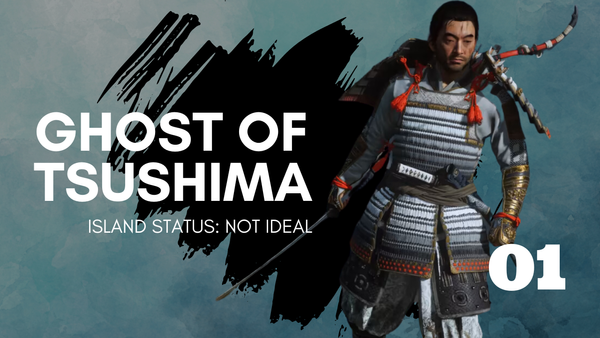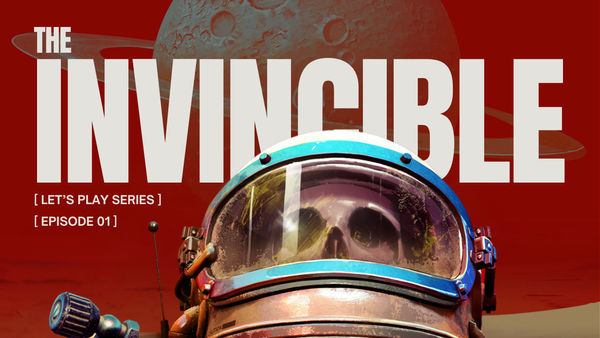Lobizona — Romina Garber | Reading journal

Once Manu enters the Everglades sanctuary, the novel feels very different from the beginning. it becomes a different story with (somewhat) different rules, because Manu now has what she’s been seeking: contact with other people her age. More than that, people who are like her. In some ways, at least. In other ways, Manu experiences the shock of, even after finding a place she might belong, discovering that she will always be different — that she’ll always be undocumented in one way or another.
Until she decides to write her own story.
The quite hard-hitting beginning, with all the fears of being undocumented and under threat from ICE and possibly being found by her father’s family sets a punishing pace that is then eased up a little. Manu’s introduction into Septimus is still (in)tense as heck, but it’s also filled with wonder as she takes everything in — and tries to get used to how much tradition there is as part of everything, and how effortlessly the other kids interact with it. For them, it’s been their whole lives. For Manu, everything is new and unknown and she wants so badly to fit in.
In other ways, getting back to her mother is supplanted by her search for her father, as chasing her mother would be most likely fruitless and, anyhow, her mother’s going to find her feet and get right back to her. Realising her mother’s plans — and the true reasons and the secrets — breaks Manu’s heart, but it also liberates her. It empowers her to follow her own path, for the first time. There’s hurt in that as much as there’s determination and a true sense of coming of age, and I enjoyed that part immensely.
In the end, Manu realises the she cannot change the system by either hiding inside it — permanently, as her mother had intended — or by shaking it up, irrevocably upsetting the status quo in a display of her power as lobizona. So she goes on the run; but it’s not an escape, or at least not only that. If the cards are stacked against you, you gotta change the rules of the game. And Manu has a manada now.
Tiago is a great character — the alpha who can’t decide, but who the others in the pack look to to make the decisions. He’s also caught between what he wants and what he promised his sister and his best friend. He dutifully fulfils the expectations that are placed on him by the world around them, but he knows that something’s gotta give. And eventually, it does.
While Cata’s mother’s reaction to Cata and Saysa’s relationship are plainly homophobic, the reactions to Manu’s identity as a lobizona resemble, heavily, current transphobic sentiments. Carlos, in particular, ticks all the boxes of anti-trans panic (and trans/misogyny).
What really impressed me about how the characters are drawn is, chief among them, Cata’s characterisation — and the way Manu sees her. It changes relatively quickly, in the end, after a pretty long build-up of Catalina being a bit of a frenemy, but the shift from surrogate antagonist to staunch friend and supporter is believable and earned. And I enjoy that Manu reconsiders her perception of her long before all the truth comes to light. That shows a flexibility not always given to protagonists in a difficult situation.
Manu has to contend with a lot of expectations, too. Being the first (recorded) of her kind, yet undocumented, means she gets to tell her own story — but how she tells it will mean everything to other people. To women like Cata and Saysa, who want to challenge the status quo; to boys like Javier who struggle with being invisible, too. (I felt so sad for him! Javier, you’re a good boy, and you deserve all the hugs.)
It’s the struggle that I think most of us who are queer (or questioning) know: do we feel that there’s an expectation to be out, loud, and proud; even when the environment we’re in doesn’t provide the safety for that that we need. Throughout the novel, Manu consistently recognises — and acknowledges — when she feels unsafe with someone. And she feels distinctly unsafe to reveal her status as a hybrid, as a lobizona…
Cata approves of her caution, while Saysa is disappointed. Still supportive, mind, but she made the impassioned plea that Manu has an obligation to be visible, to lead, and to set the example. To confront the system with the fact that she exists. And while that’s idealistic and good, and true, it’s also the kind of pressure on Manu that’s familiar to many who are in the closet; or to women with great ability in a male-dominated field. I’ve felt both those pressures. I’m out in many areas of my life, but not at my current workplace.
And as long as people gatekeeper access even to the queer community based on someone’s visibility, that pressure is only going to mount.
Undocumented = unwritten.
“If I fail, all future Lobizonas fail.”
— p. 284
Familiar words in a sexist society. In a racist society. I’m very much viewing this through a queer lens because that’s most relatable for me personally, but obviously it did me, as a white European, good to view it from Manu’s perspective as an immigrant as well. The principle is the same: in a society like ours that makes immigrants and the daughters of immigrants work twice as hard to get only a margin of the benefits, that’s the dilemma, too. To remain invisible is to remain safe. From discrimination, from harassment, from persecution. From being patronised because the white majority refuses to accept and praise extraordinary talents and deeds from people of colour.
Manu says, very rightly, she must first litigate her right to exist before she can ignite the spark that will change the system.
Goodwill = death.
Those scenes at the end are so intense. And so is that demonstration of power from Saysa — I wonder if there’ll be fallout in the sequel. In a violent system, resistance and change don’t come peacefully. And Manu will have to fight, at some point.
But in order to fight, christ they have to run. Run home.




